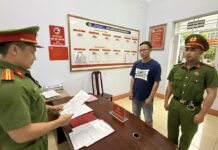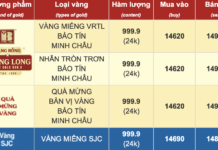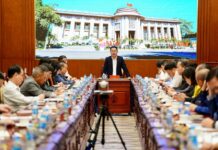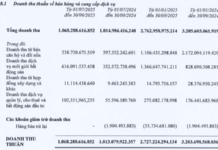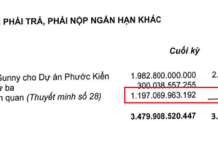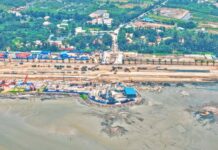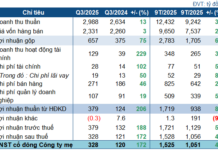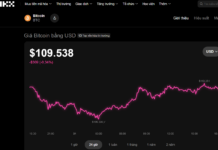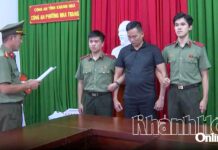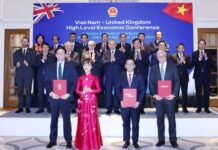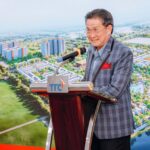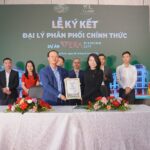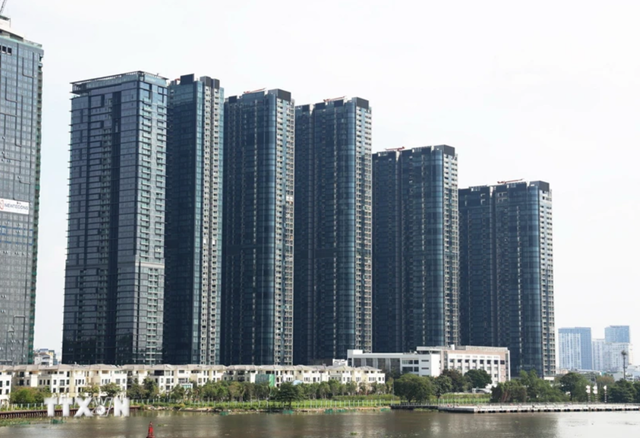
High-end apartment complex by the Saigon River, right in the center of District 1, Ho Chi Minh City. (Photo: Hong Dat/VNA)
|
In January 2024, the Vietnamese National Assembly officially passed the amended Land Law, stipulating the land ownership regime, powers and responsibilities of the State – the representative of the entire people’s ownership of land and unified land management, land management and use regime, rights and obligations of citizens, and land users of land in Vietnam’s territory.
With the regulation allowing Vietnamese people living abroad to own houses with land use rights in Vietnam immediately after the Land Law takes effect from January 1, 2025, domestic and international public opinion expects that there will be a wave of investment from overseas Vietnamese into the domestic real estate market, contributing to the development of a more transparent and stable market.
In an interview with a VNA correspondent in the UK, Mr. Nguyen Minh Duc, Vice Chairman of the Provisional Executive Committee of the Association of Vietnamese in the UK (VAUK), said that the amendment of the Land Law this time is an important legal step, affecting many aspects of the lives and businesses of overseas Vietnamese, especially for the Vietnamese community residing in the United Kingdom.
He said that the amendment of the Land Law will help protect the rights and legitimate interests of investors, overseas Vietnamese homeowners, and make the real estate market more transparent and stable.
Mr. Duc said that he has lived and worked in the UK for the past 30 years and has an accounting business, so he has witnessed many overseas Vietnamese having to ask relatives and friends to stand in their name when buying houses and land in Vietnam.
When disputes occur, unclear legal factors cause a lot of inconvenience and costly expenses, even many cases of overseas Vietnamese losing all their investment money and property in Vietnam, losing family and friends.
Besides, Mr. Duc also pointed out the huge investment potential of the Vietnamese real estate market for overseas Vietnamese.
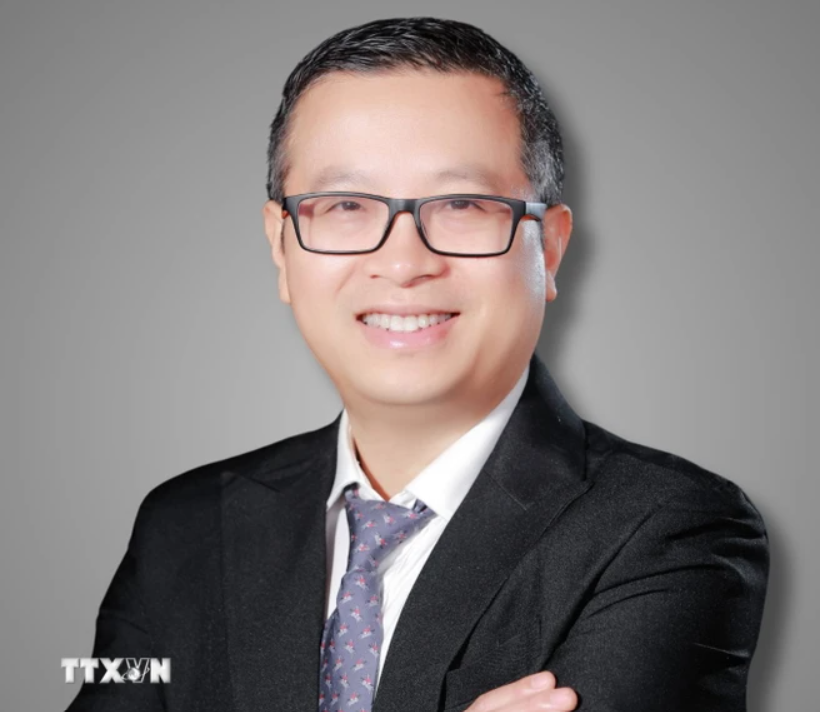 Mr. Nguyen Minh Duc, Vice Chairman of the Provisional Executive Committee of the Association of Vietnamese in the UK (VAUK). (Photo: VNA)
|
In fact, the demand for buying houses and land in Vietnam of overseas Vietnamese is very large, especially for the first or second generation when they have economic and life stability abroad.
Most of them want to return to their homeland after retirement, even if only living in Vietnam part-time.
According to him, Vietnam is a developing country, an emerging market, so it is attractive to invest, especially in land.
The Vietnamese community abroad has witnessed many success stories in investing in real estate business projects in Quang Ninh, Da Nang, and Phu Quoc.
With many years of experience in community work and as Vice Chairman of the VAUK, an organization representing the large Vietnamese community in the UK, Mr. Duc said that the amendment of the Land Law this time is not only intended to create conditions convenient for overseas Vietnamese to invest and live in Vietnam, but also demonstrates the consistency of the Party and the Vietnamese state in “considering Vietnamese people abroad as an inseparable part and a resource of the Vietnamese national community.”
According to Mr. Duc, the paramount concern of overseas Vietnamese when investing in Vietnam is that their assets and interests are protected by Vietnamese and international laws. Therefore, they hope that the government will provide specific guidelines and an official legal advisory channel to support this issue.
Mr. Duc believes that overseas Vietnamese around the world will feel more secure using official channels instead of relying on private services outside.
Mr. Duc cited an example that the UK Government has set up a website www.gov.uk with very specific instructions on registering property ownership in the section “Land Registration: Practice Guides.”
The legal system in the UK is very strict, similar to that of Vietnam, all lawyers must be licensed to practice.
However, if a lawyer in the UK makes a mistake or is negligent in his work, the ultimate responsibility belongs to the Law Society. Therefore, this association has very strict regulations to monitor and ensure the quality of its member lawyers.
For overseas Vietnamese, working with an organization or association in the community where they reside, such as the Business Association, the Association of Vietnamese…, will be very convenient because of the language, culture, and law factors.
If well-equipped with knowledge of the amended Land Law, these organizations can provide good support in providing accurate and reliable information to overseas Vietnamese.
Phong Ha








